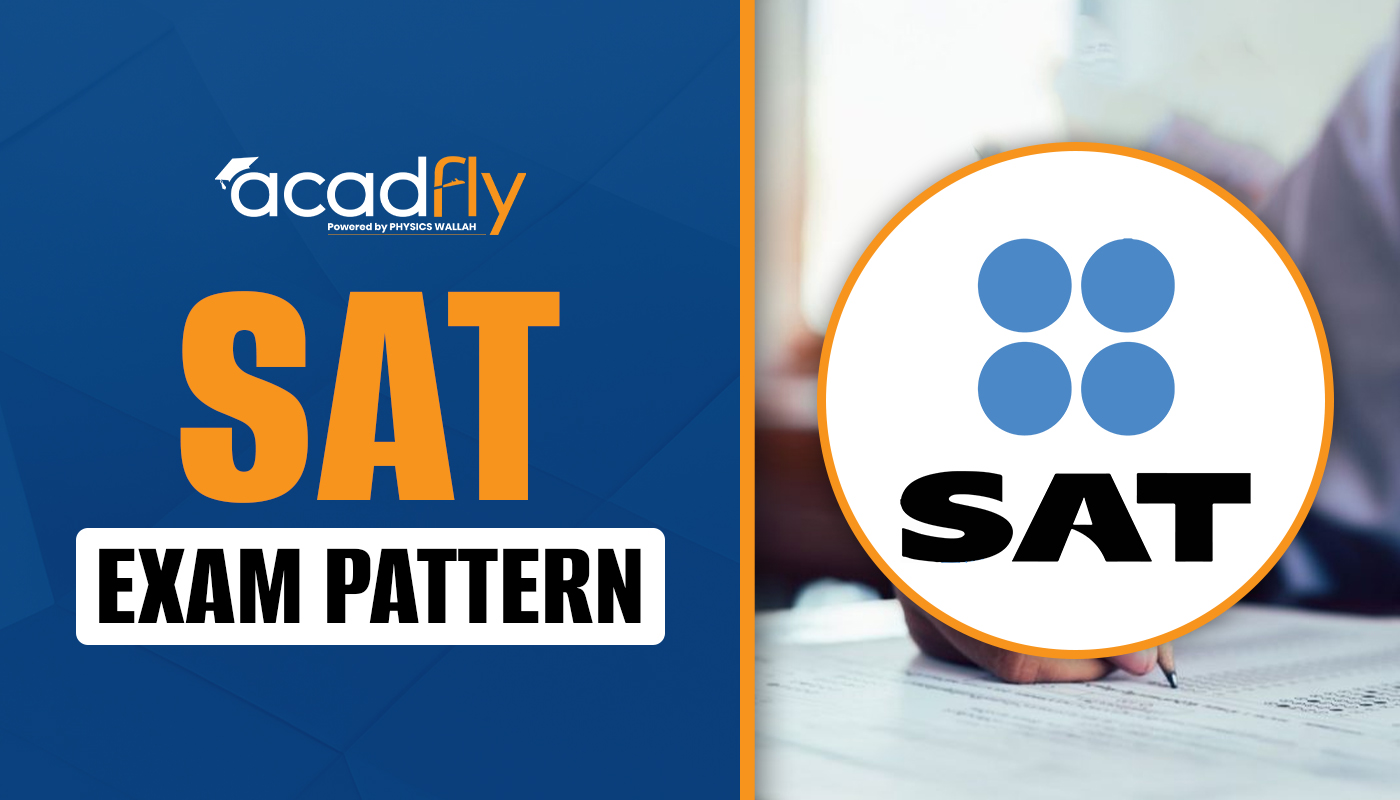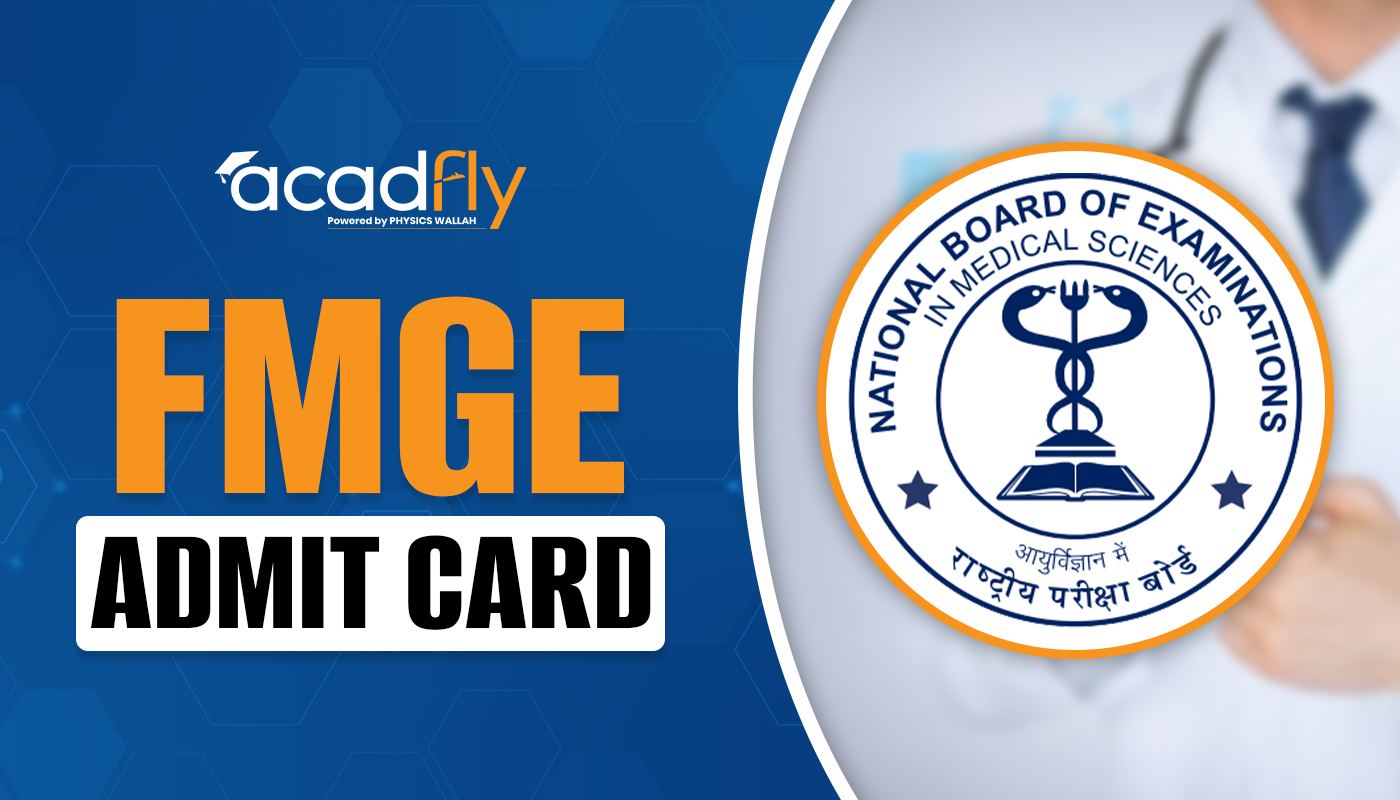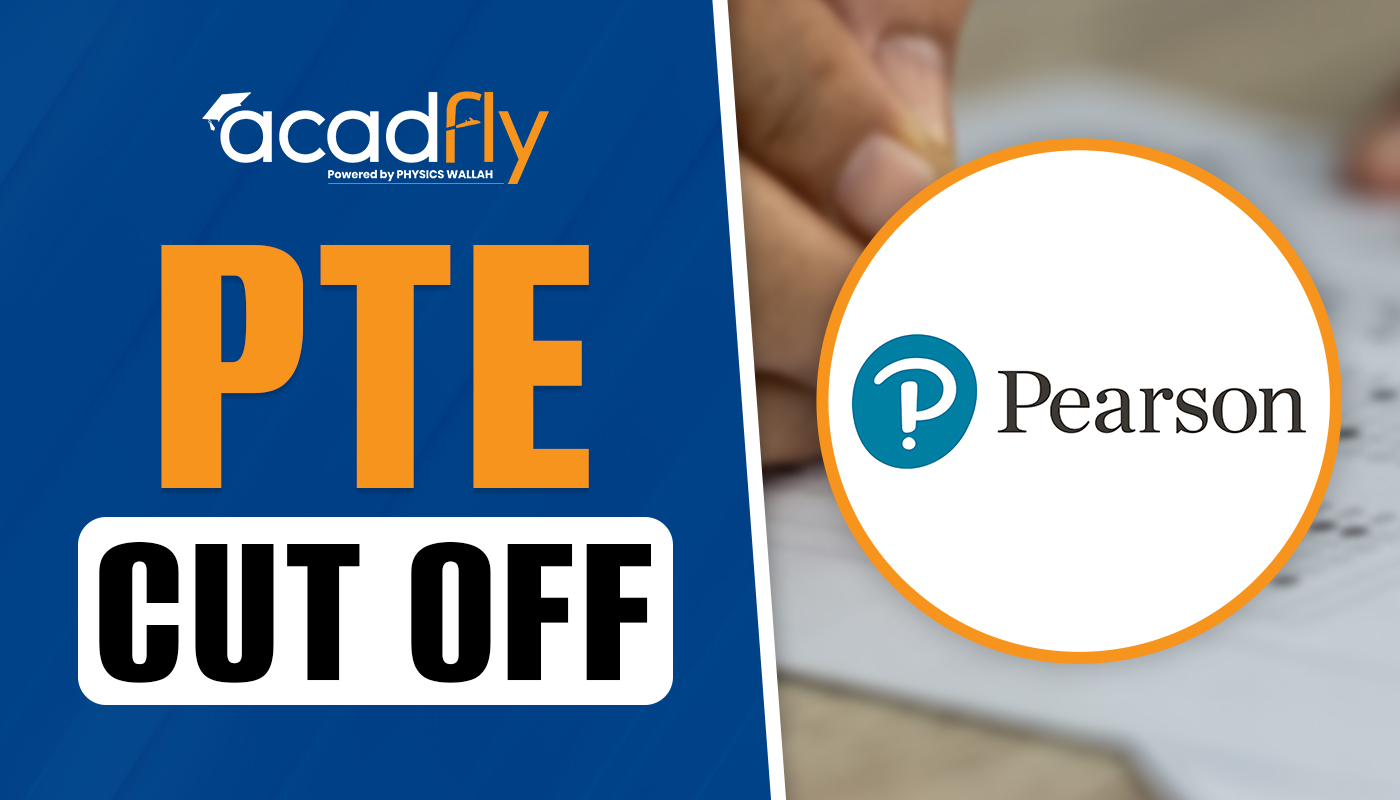
Career Progression Essay depicts the beginning, with developments relating to it, all the way into future aspirations of a career journey. It should narrate how one's education, experiences, and competencies carry the person along the career path, usually for job applications or admissions to some college or professional development programs aimed at clearly showcasing what one has done and what one needs to be doing.
Read below for the Career Progression Essay from which one could understandably narrate their own story. Learning from challenges is to embrace naivety and be open to opportunities. Knowing some more about structure and tips will help one organize a good career essay.
What is a Career Progression Essay?
Generally, a career progression essay describes a reflective narrative on a person's professional journey until then: how one started with some positions, and through various roles, went on to acquire skills, competencies, and experiences gained along the way. A career progression essay provides a clear picture of your work history toward great achievements and developments.
Most of the essays, although they might be dealing with some future plans, are not on that unless asked for. This would assist the admission officers or the employers in viewing the path that one has taken and one's development along with it. This gives a description of your career progress in an orderly manner. Start by talking about yourself and your educational background.
Then chronologically describe your different roles in your job positions, with reference to high points or achievements, capabilities gathered, and even mention adversities that helped shape your growth. Finally, give a worthy summary of your career that tells how you intend to develop further. Thus, writing this essay gives you an edge by good presentation of your experiences and readiness toward better opportunities.
Structure of Career Progression Essay
A career progression essay exposes everything that one has achieved currently in their professional course level as well. It narrates how one has walked the road from starting it to undertaking various roles, acquiring different skills, and finally talking about the future. Here, an elaborate structure one needs to follow:
Introduction
The introduction addresses and sets the tone for one's career journey. Mention your current role or focus and introduce your career path and goals. This part grabs the reader's attention and outlines what to expect.
Educational background
Briefly mentioned would be the academic qualifications on which the foundation of the career stands. Educational qualifications may include courses, training, or certification, especially those conditions worth mentioning in prep work for the field.
Career journey
Introduce all your work experience on a time basis. High point, job roles, responsibilities, accomplishments, or movement in the transposed positions should be captured here.
Major achievements and skills you honed at each stage should be emphasized. Whatever you contribute and advance, detail it.
Challenges and Personal Growth
Talk about the different hurdles you had to surmount to keep your career going. What valuable lessons did they carry with them in bringing about personal and professional development?
Future Career Goals
Talk about your short-term and long-term career goals. It should be related to the previous experiences of these objectives; how they would propel you further in education or development should be shown.
Conclusion
This would sum up your whole essay and reconfirm your commitment to the course. Therefore, a good, strong closure would be a strong statement at the end about your readiness to move on to something bigger.
Tips for Writing a Career Progression Essay
Writing a career progression is a task. These tips could easily formulate a strong and clear career progression essay that would speak of your growth in facing new opportunities around the corner.
-
Plan Ahead: Think about your job travel and define your key points.
-
Strong Introduction: Talk about your current occupation and what you are aspiring to do.
-
Maintain an Order: Starting with the previous jobs leading to the current one.
-
Highlight Major Achievements: Present your best works and promotions.
-
Show Learning and Growth: Talk about new skills and lessons learned.
-
Short-Sentenced: Simple, direct sentences make for effortless reading.
-
Share Challenges and Solutions: Talk about how you solve problems in your career.
-
End with Future Goals: Talk about what you plan to achieve next.
-
Check for Mistakes: Read your essay and correct grammar and spelling mistakes.
-
Be Honest and Personal: Write in your own words and be honest.
Career Progression Essay Example
Career Progression Essay Example is given below for reference:
I started my career as a junior sales assistant in a retail shop. With time, I learned the basics of customer service, teamwork, and problem-solving. I got promoted to sales supervisor after a period of one year due to my excellent communication and leadership qualities. Responsibilities included training new employees and managing customer complaints. These experiences contributed to enhancing my confidence levels as well as my organizational skills.
Later, I took up a new position in a marketing firm as a marketing executive. I have been working on digital campaign projects and improving my skills in analyzing market trends. Moreover, I was in charge of a big project with a major client that developed my project management capabilities. Coping with tight deadlines taught me resilience and time management. I now intend to pursue an MBA to gain a deeper understanding and to move into management. My journey thus far has imparted to me the value of learning, adapting, and always striving for growth.
Tell Us About Your Career Journey – Examples
Example 1:
I began my career as a customer support executive in a small company. This role helped me learn about client needs and effective communication. After two years, promoted to team leader; now I manage a group of five people and handle some major customer issues. As a result, my leadership skills have improved, and more importantly, I learned how to motivate a team.
Example 2:
I joined the hospital after completing my degree course; I became a nurse in that hospital. I started with basic patient-care duties, but then started to take on more tasks like medication administration and training juniors. Gradually, I started feeling more confident and adept at healthcare with each step in my career.
Example 3:
I started my career as a software trainee in an IT company. Slowly, through hard work and continued learning, I have become a software developer. I managed small projects, fixed bugs, and trained new employees. Now, I intend to move into project management, challenging myself with larger endeavors.
These few examples can clearly show how progress can be achieved in career steps through learning, dedication, and seeing new opportunities.
Career Progression Essay FAQs
What is a career progression essay?
How should I start a career progression essay?
What should I include in my essay?
How long should a career progression essay be?
Should I write about failures or only achievements?









